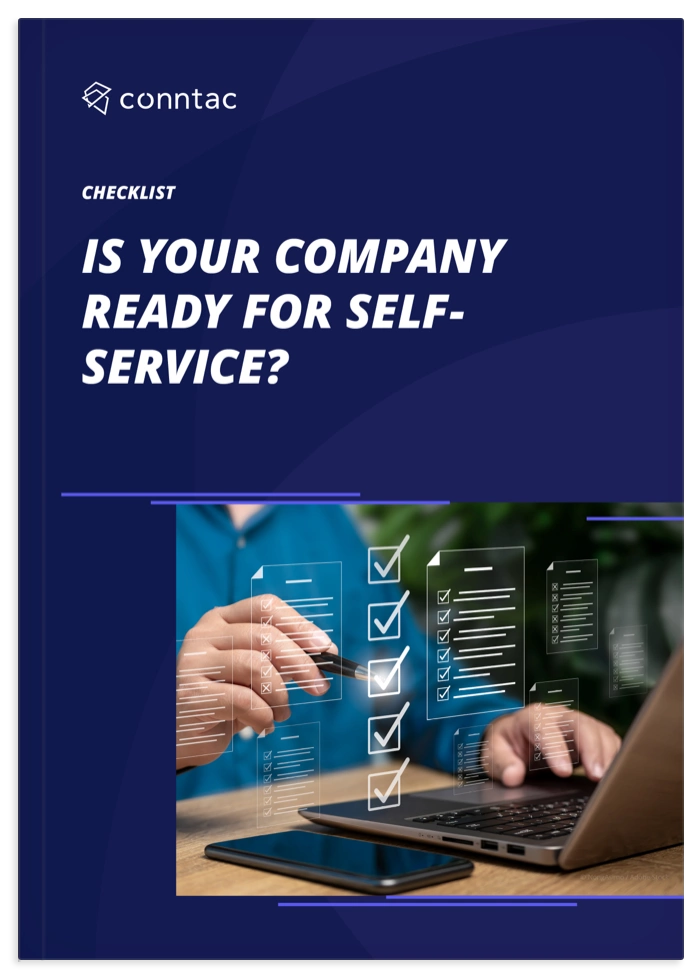The term “self-service” refers to a concept in which users are able to carry out certain tasks or services independently and without direct support from external persons. This concept has found application in various areas, from the corporate world to everyday consumer services.
Self-service in a corporate context
In a corporate context, self-service refers to the provision of services or information to customers, employees, or partner companies without the need for direct interactions with employees. Typical examples include self-service portals where customers can track their orders, retrieve information or solve problems independently without relying on personal contact. This results in an excellent customer experience, more efficient processes and thus also reduces the burden on customer support.
Consumer services
In the area of consumer services, self-service enables users to carry out certain activities without the direct support of service providers. Vending machines for buying tickets, self-service filling stations and online banking are examples of this. This form of self-service offers the advantage of flexibility and convenience for consumers, as they can meet their needs without waiting times or human interactions.
Self-service features
A key feature of self-service is the autonomy that users are granted. With access to easy-to-understand interfaces or platforms, they can complete tasks independently and at their own pace. This often requires clear user guidance to ensure efficiency and satisfaction.
Technological influences
Progressive digitization has driven the spread of self-service solutions. Online platforms, mobile applications and intelligent automation technologies play a decisive role in the implementation of self-service concepts. This not only enables wider access to services, but also helps to reduce costs and increase resource efficiency.
Self-service examples
The concept of self-service shapes a wide range of industries by offering users independent solutions.
Retailing
Electronic cash register systems and self-service terminals enable independent purchases without sales staff.
Banking
Online banking and ATMs offer autonomous account management, transfers, and cash transactions.
Healthcare
Self-service terminals in pharmacies and online platforms enable medication collection and health management without a direct visit to a doctor.
Travel industry
Self-service kiosks at the airport and online platforms allow you to check in, print boarding passes and travel bookings yourself.
Telecoms
Online platforms and mobile apps allow independent contract management, initial setup of devices such as the router, problem solving in the home network, service activation and deactivation without direct contact with service staff, and much more.









